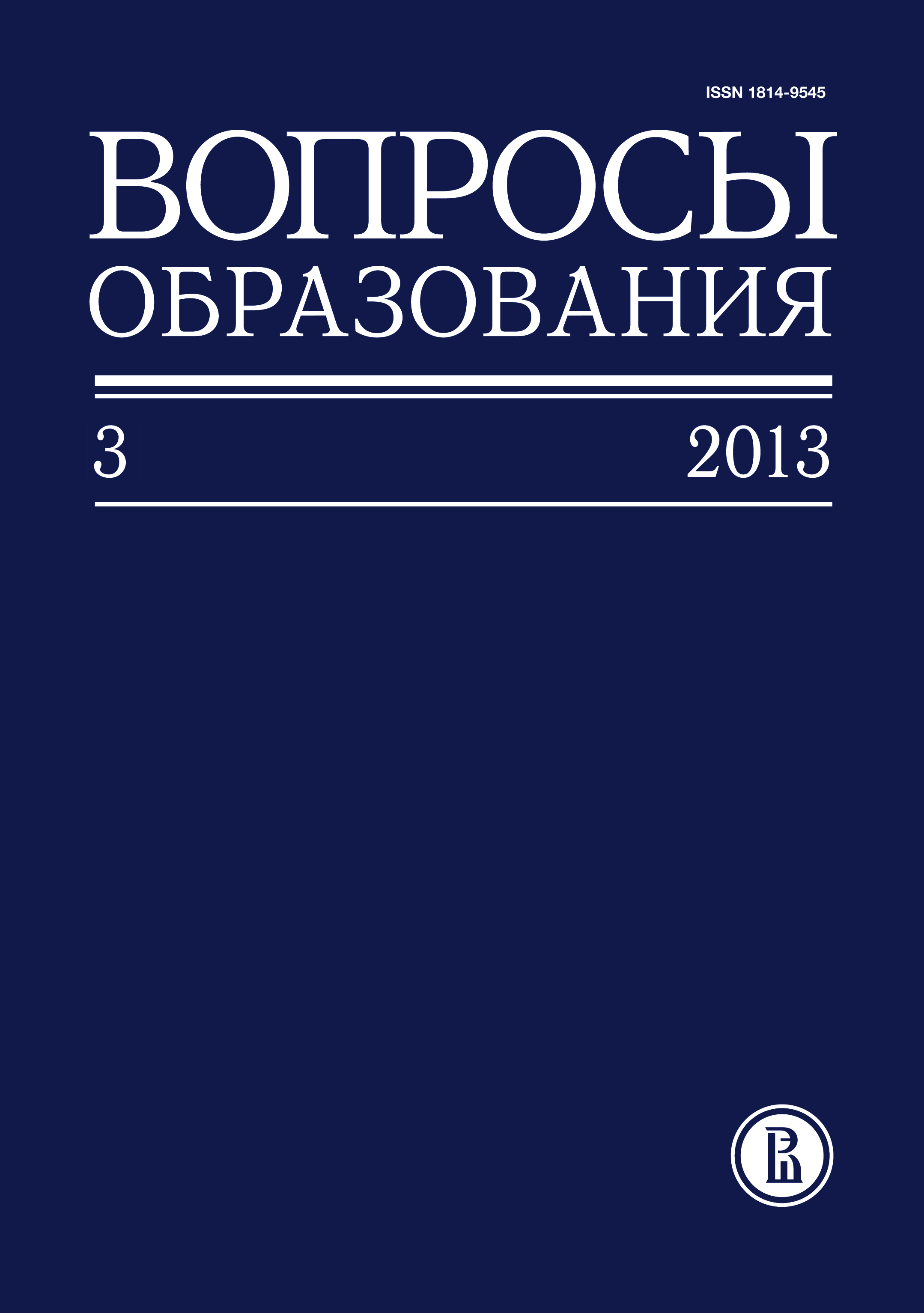Когнитивные способности и дискриминация на рынке труда: комментарий к статье М. Холла и Дж. Фаркаса «Когнитивные навыки и установочные/поведенческие характеристики в подростковом возрасте и уровень заработной платы»
Аннотация
Абрамов Роман Николаевич — кандидат социологических наук, доцент кафедры анализа социальных институтов НИУ ВШЭ. Эл. адрес: socioportal@yandex.ru
Показана актуальность проведенного американскими социологами М. Холлом и Дж. Фаркасом исследования, обозначены возможности для дальнейшего изучения рассматриваемой ими темы.
Даны характеристики лонгитюдных исследований в целом и панельного метода в частности. Описано Национальное лонгитюдное исследование молодежи (National Longitudinal Survey of Youth), на основании анализа данных которого выстроено исследование американских социологов. Обзор точек зрения на рассматриваемую проблему дополняется отсутствующими в работе М. Холла и Дж. Фаркаса концепциями таких исследователей, как Б. Бернстайн, П. Бурдье и Дж. Коулман.
В ходе рассмотрения выводов М. Холла и Дж. Фаркаса относительно принципов найма и оценки кандидатов на должность, представляющих различные расовые и этнические группы, привлекаются работы других исследователей, обозначается сходство некоторых положений, выявляется принципиальное отличие заключений М. Холла и Дж. Фаркаса о факторах, влияющих на карьеру работника. Проводится аналогия происходящих в США и в России трансформаций ожиданий работодателей.
При анализе практических рекомендаций М. Холла и Дж. Фаркаса по снижению дискриминации по этническому признаку на рынке труда (сокращение различий между цветными и белыми учащимися на уровне когнитивных способностей и установочных/поведенческих характеристик и разработка коррекционных программ, связанных с образованием и профессиональной ориентацией) подчеркивается безусловный потенциал влияния предлагаемых мер на ситуацию расовой дискриминации, при этом акцентируется внимание на их недостаточности для устранения культурных факторов стереотипного восприятия представителей различных этнических и расовых групп, глубоко укорененных в массовом сознании. Отмечается перспективность исследования данной проблематики в России.








